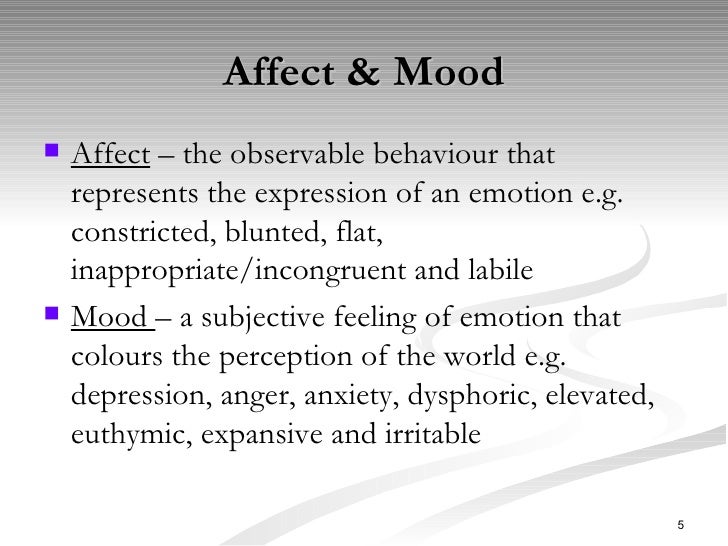

Another is to create a resume for yourself, one that you don’t send out but use to remind yourself that you have done some positive things with your life. How do you do this? One way is to go online and google strength finder or a similar phrase which will help you list your strengths. Reminding yourself of your strengths, virtues, and accomplishments will make you feel better about the “me” part of you. It will not only brighten each day, but on the really bad days when nothing is going well, just reading your log of good moments can help. One useful tip to lessen negativity is summed by the advice “not every day is a good day, but every day has at least one good thing in it.” See if you can make it a practice to find one good thing in your days and write them down the way some people keep a daily gratitude journal. For some people it is a huge challenge to list one good thing about their day or to bring their strengths, virtues or accomplishments to mind. When we focus on the negative in ourselves and others we live in a negative world. Evolution gave us a negativity bias to track threats to our survival and well-being so we could avoid them.

It has been said, and properly so, that the history of one’s life is the history of one’s attentional focus. When we say, “I had childhood trauma,” or “I’m shy, socially awkward, and fear rejection,” we are referencing the me, the mental collage of our self-narrative. When we say “I’m sitting in a chair” or “I’m walking my dog” we are clearly referring to ourselves as a physical being. The “me” is the narrative we construct about ourselves that references past events, past interactions with others, and past evaluations of what sort of person we are. It includes sensory, muscular, kinesthetic, and proprioceptive perceptions. Neuroscience teaches that each person’s brain generates an “I” and a “me.” The I is the sense of myself as a physical being existing continuously in time and space. Tips for Daily Mindfulness That Soften the Negativity Bias This takes the focus off getting recognition and approval from parents or employers and seeking self-approval through freely chosen activities that serve the social interest. By that he meant looking at the macrocosm of the larger society and using one’s gifts, talents, resources, and life experiences to serve a purpose greater than oneself. Adler suggested that the way out is social interest. They can be a source of stress, distress, anxiety, depression, and substance use because the individual is not experiencing freedom, meaning or satisfaction within the family or workplace. These actions restrict, alter, and distort the natural behaviors of their charges and their ability to pursue and achieve their unique life tasks. All parents and employers come up with their own notions of good/bad and desirable/undesirable behaviors which they apply to and seek to enforce with respect to their charges by means of rewards and punishments. Some are laissez-faire, some strict, and some authoritarian, even despotic. How parents and employers go about molding their charges to be what and who they want them to be varies tremendously. In general parents are motivated by wanting their children to grow up independent, self-reliant, successful, healthy, and happy, while in general employers want their employees to be punctual, productive, useful, helpful, and loyal. Why? Because parents and employers both seek to mold the thinking and behavior of the people who are under their sway. The probability of such interventions is highest within the family and the workplace. Adler pointed out long ago the strategy of seeking happiness from recognition and approval is flawed, even doomed to failure, because it places control of the individual’s unique life tasks into the hands of others who are likely to intervene or interfere. Each of these represents a kind of microcosmic cocoon in relation to larger units of population including the neighborhood, the community, and society. Vast numbers of individuals seek their happiness from receiving recognition and approval within their family and/or their workplace. Framing Your Interpersonal Microcosm and Macrocosm


 0 kommentar(er)
0 kommentar(er)
